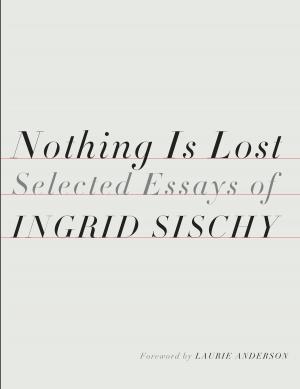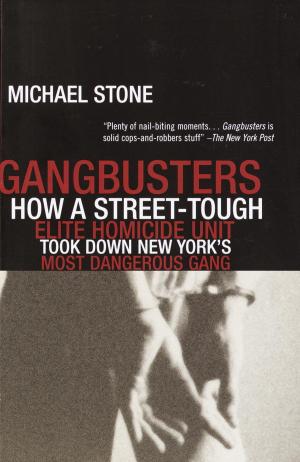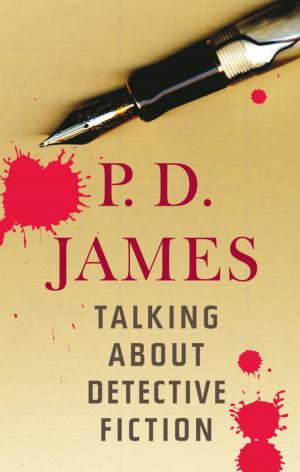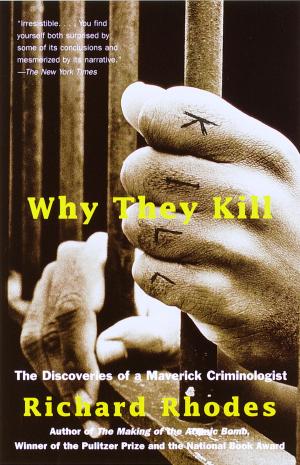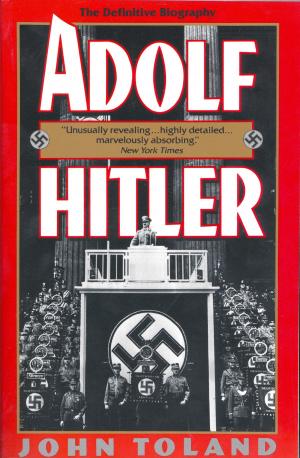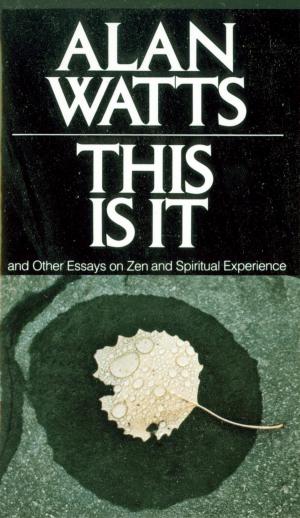Musorgsky and His Circle
A Russian Musical Adventure
Nonfiction, Entertainment, Music, Music Styles, Classical & Opera, Classical, Biography & Memoir, Composers & Musicians| Author: | Stephen Walsh | ISBN: | 9780385350488 |
| Publisher: | Knopf Doubleday Publishing Group | Publication: | December 3, 2013 |
| Imprint: | Knopf | Language: | English |
| Author: | Stephen Walsh |
| ISBN: | 9780385350488 |
| Publisher: | Knopf Doubleday Publishing Group |
| Publication: | December 3, 2013 |
| Imprint: | Knopf |
| Language: | English |
The emergence of Russian classical music in the nineteenth century in the wake of Mikhail Glinka comprises one of the most remarkable and fascinating stories in all musical history. The five men who came together in the Russian capital of St. Petersburg in the 1860s, all composers of talent, some of genius, would be—in spite of a virtual lack of technical training—responsible for some of the greatest and best-loved music ever written. How this happened is the subject of Stephen Walsh's brilliant composite portrait of the group known in the West as the Five, and in Russia as moguchaya kuchka—the Mighty Little Heap. Friends, competitors, and creative intellectuals whose ambitions and ideas reflect the ferment of their times, Mily Balakirev, César Cui, Alexander Borodin, Nikolay Rimsky-Korsakov, and—most important of all—Modest Musorgsky, come wonderfully to life in this extended account.
The detail is engrossing. We see Borodin composing music while conducting research in chemistry (“he would jump up and run back to the laboratory to make sure nothing had burnt out or boiled over there, meanwhile filling the corridor with improbable sequences of ninths or sevenths”); Balakirev tutoring Musorgsky (“Balakirev could not remedy the defects in his pupil’s character, but he could confront him with works of genius”); Cui doggedly producing operas during breaks from his career as a military fortifications instructor. Musorgsky asserts his independence, moving from writing songs and the showpiece Night on Bald Mountain to the magnificent Boris Godunov, meanwhile struggling against poverty and depression. In the background such important figures as Vissarion Belinsky and Nikolay Chernïshevsky shape the cultural milieu, while the godfather of the kuchka, critic and scholar Vladimir Stasov, is seen offering sometimes combative support.
As an experienced and widely skilled musical scholar and biographer (his two-volume life of Stravinsky has been called “one of the best books ever written about a musician”), Stephen Walsh is exceptionally wellplaced to tell this story. He does so with deep understanding and panache, making Musorgksy and His Circle both important and a delight to read.
The emergence of Russian classical music in the nineteenth century in the wake of Mikhail Glinka comprises one of the most remarkable and fascinating stories in all musical history. The five men who came together in the Russian capital of St. Petersburg in the 1860s, all composers of talent, some of genius, would be—in spite of a virtual lack of technical training—responsible for some of the greatest and best-loved music ever written. How this happened is the subject of Stephen Walsh's brilliant composite portrait of the group known in the West as the Five, and in Russia as moguchaya kuchka—the Mighty Little Heap. Friends, competitors, and creative intellectuals whose ambitions and ideas reflect the ferment of their times, Mily Balakirev, César Cui, Alexander Borodin, Nikolay Rimsky-Korsakov, and—most important of all—Modest Musorgsky, come wonderfully to life in this extended account.
The detail is engrossing. We see Borodin composing music while conducting research in chemistry (“he would jump up and run back to the laboratory to make sure nothing had burnt out or boiled over there, meanwhile filling the corridor with improbable sequences of ninths or sevenths”); Balakirev tutoring Musorgsky (“Balakirev could not remedy the defects in his pupil’s character, but he could confront him with works of genius”); Cui doggedly producing operas during breaks from his career as a military fortifications instructor. Musorgsky asserts his independence, moving from writing songs and the showpiece Night on Bald Mountain to the magnificent Boris Godunov, meanwhile struggling against poverty and depression. In the background such important figures as Vissarion Belinsky and Nikolay Chernïshevsky shape the cultural milieu, while the godfather of the kuchka, critic and scholar Vladimir Stasov, is seen offering sometimes combative support.
As an experienced and widely skilled musical scholar and biographer (his two-volume life of Stravinsky has been called “one of the best books ever written about a musician”), Stephen Walsh is exceptionally wellplaced to tell this story. He does so with deep understanding and panache, making Musorgksy and His Circle both important and a delight to read.


